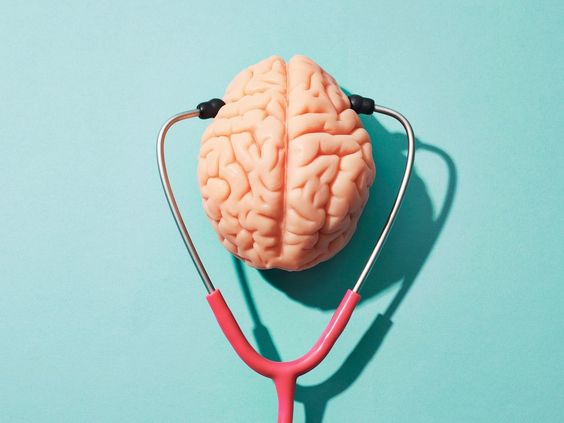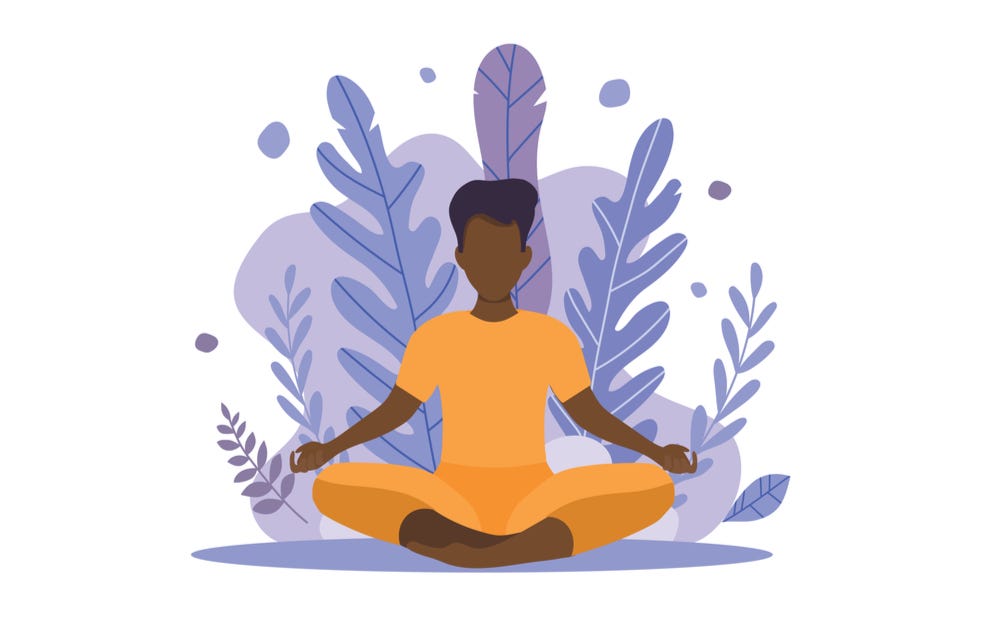Understanding Mental Health
Understanding what mental health entails is the first step towards maintaining it. Mental health encompasses various factors, including genetics, environment, and life experiences. It’s influenced by biological, psychological, and social factors, highlighting the complex nature of mental well-being. Discover about Life Philosophy
Signs and Symptoms of Poor Mental Health
Recognizing the signs of poor mental health is crucial for early intervention. Symptoms may manifest differently for each individual but can include physical, emotional, and behavioral changes. Physical symptoms may include fatigue, headaches, or changes in appetite, while emotional symptoms may involve feelings of sadness, anxiety, or irritability. Behavioral symptoms could include withdrawing from social activities, increased substance use, or changes in sleep patterns.
Self-Care Practices for Mental Health
Self-care is essential for maintaining good mental health. It involves taking deliberate actions to prioritize your well-being and reduce stress. Engaging in regular exercise, eating a balanced diet, getting enough sleep, and practicing relaxation techniques are all vital components of self-care. Additionally, finding activities that bring joy and fulfillment can significantly impact mental well-being.
Seeking Professional Help
Seeking professional help is a proactive step towards improving mental health. There is no shame in reaching out for support when needed. Mental health professionals, such as therapists, counselors, and psychiatrists, offer valuable resources and guidance. Therapy, whether individual or group-based, provides a safe space to explore emotions, develop coping strategies, and work towards personal growth. Learn about Which Food Has Highest Protein
Building Support Systems
Building a strong support network is essential for maintaining mental health. Family, friends, and support groups offer understanding, encouragement, and companionship during challenging times. Online communities also provide valuable connections and resources, especially for those facing isolation or limited social interactions.
Mindfulness and Meditation
Practicing mindfulness and meditation can enhance mental well-being by promoting present moment awareness and stress reduction. Mindfulness involves paying attention to thoughts, feelings, and sensations without judgment. Meditation techniques, such as deep breathing exercises or guided imagery, can help calm the mind and promote relaxation.
Setting Boundaries
Setting boundaries is crucial for protecting mental health and maintaining healthy relationships. Establishing clear boundaries allows individuals to prioritize their needs, communicate effectively, and prevent burnout. Learning to say no without feeling guilty is essential for preserving personal time and energy.
Healthy Relationships
Healthy relationships play a significant role in mental health and overall happiness. Effective communication, mutual respect, and support are key components of healthy relationships. Investing time and effort into nurturing positive connections fosters emotional well-being and resilience.
Importance of Physical Health
Physical health and mental health are closely intertwined. Engaging in regular physical activity, eating nutritious foods, and prioritizing sleep contribute to overall well-being. Exercise releases endorphins, chemicals that promote feelings of happiness and reduce stress. Similarly, a balanced diet provides essential nutrients that support brain function and mood regulation.
Managing Stress
Stress is a common part of life, but excessive stress can take a toll on mental health. Learning to manage stress effectively is essential for maintaining balance and resilience. Techniques such as deep breathing, progressive muscle relaxation, and mindfulness can help alleviate stress and promote relaxation.
Avoiding Substance Abuse
Substance abuse can have detrimental effects on mental health, exacerbating symptoms of anxiety, depression, and other disorders. Seeking help for addiction is essential for recovery and well-being. Support groups, therapy, and rehabilitation programs offer resources and guidance for individuals struggling with substance abuse.
Creating a Routine
Establishing a daily routine provides structure and stability, promoting mental health and productivity. A routine can include activities such as exercise, work, leisure, and self-care. While routines offer predictability, it’s essential to allow flexibility and adaptability to accommodate changing circumstances.

Expressing Creativity
Engaging in creative activities can foster self-expression, reduce stress, and enhance overall well-being. Whether it’s painting, writing, music, or gardening, creative outlets provide a means of exploring emotions and cultivating joy. Finding hobbies and interests that spark creativity can be a valuable addition to a mental health maintenance plan.
Conclusion
Prioritizing mental health is essential for living a fulfilling and balanced life. By incorporating self-care practices, seeking support when needed, and nurturing positive relationships, individuals can cultivate resilience and well-being. Remember that maintaining mental health is an ongoing process, and it’s okay to seek help along the way.
FAQs
- How often should I practice mindfulness and meditation?
- Aim for daily practice, even if it’s just a few minutes each day. Consistency is key to experiencing the benefits of mindfulness and meditation.
- What should I do if I’m experiencing symptoms of poor mental health?
- Reach out to a mental health professional for support and guidance. They can help assess your symptoms and develop a personalized treatment plan.
- Is it normal to feel guilty when setting boundaries with others?
- It’s common to experience feelings of guilt when setting boundaries, but remember that prioritizing your well-being is not selfish. Practice self-compassion and remind yourself that setting boundaries is necessary for your mental health.
- How can I incorporate exercise into my routine if I have a busy schedule?
- Look for opportunities to integrate physical activity into your daily life, such as taking short walks during breaks or using exercise videos at home. Finding activities you enjoy can make exercise feel less like a chore.
- What are some signs that I may need professional help for my mental health?
- If you’re experiencing persistent symptoms such as overwhelming sadness, anxiety, or difficulty functioning in daily life, it’s important to seek help from a mental health professional.
Welcome to Smith’s world, where elegance meets expression, and style is a testament to a peerless life. With an innate passion for style and an unyielding commitment to timeless elegance, Smith curates a space where fashion transcends trends.

